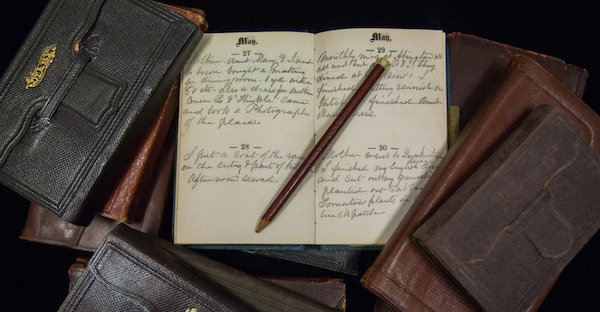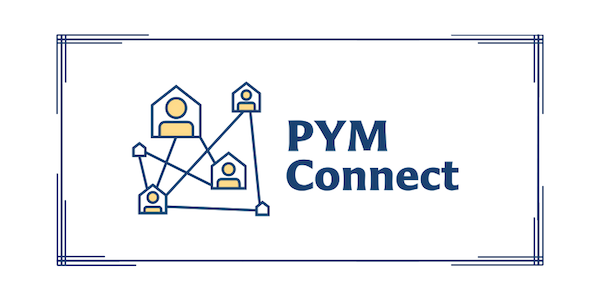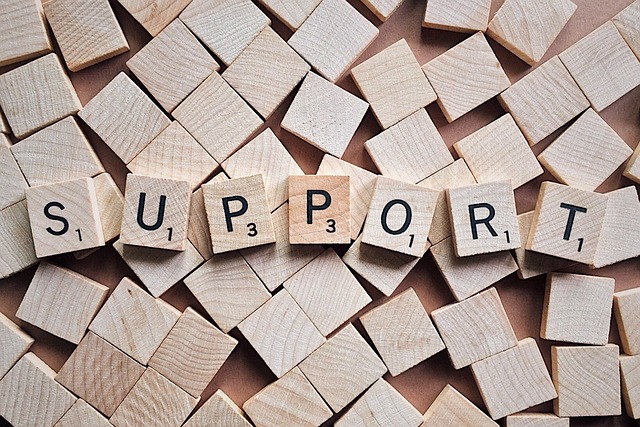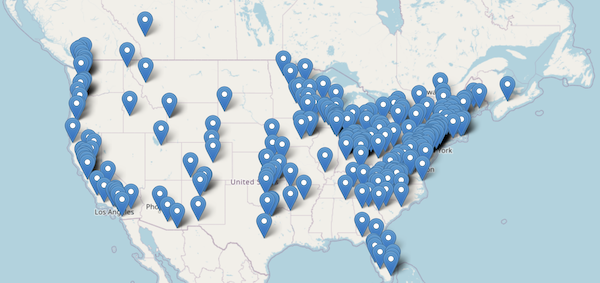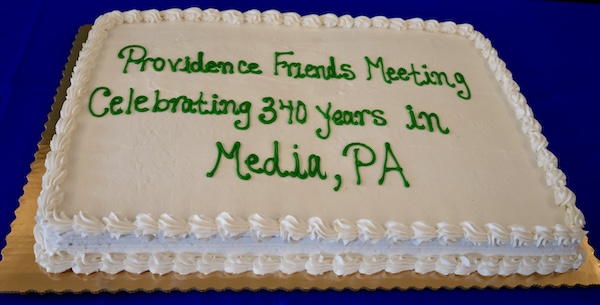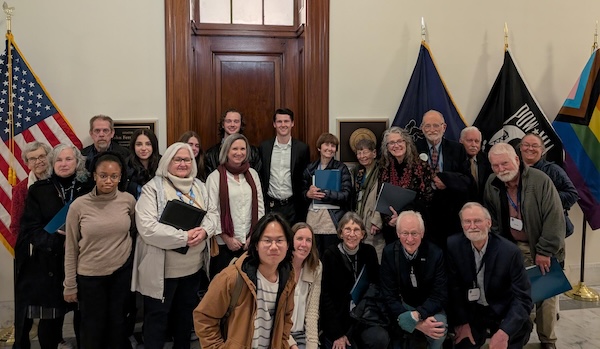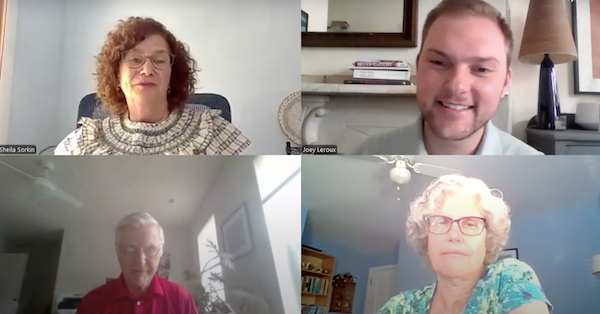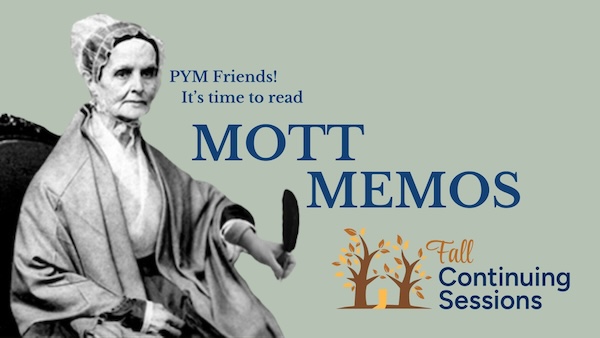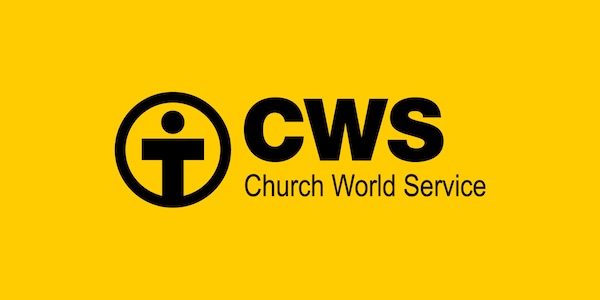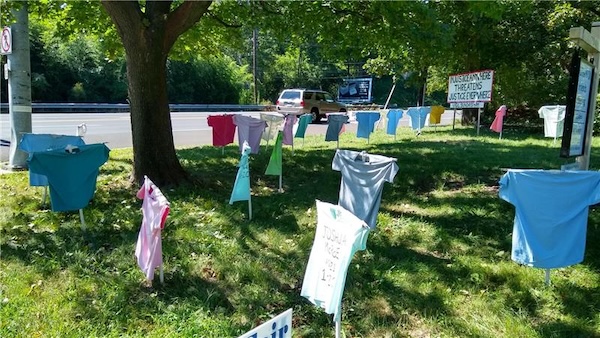Applications for short-term Fellowships in Quaker & Special Collections at Haverford College are NOW OPEN! Fellowships must be used between July 1, 2025 and June 30, 2026. Submission deadline is February 16, 2025. You can find more information on our website, which also includes our application form.
Fellows can utilize the vast array of original primary materials in Quaker & Special Collections around Quakerism, mental health, US history, and much more.
Please contact Sarah Horowitz at shorowitz@haverford.edu with any questions.
Image is of the diaries of Anna Spencer.
